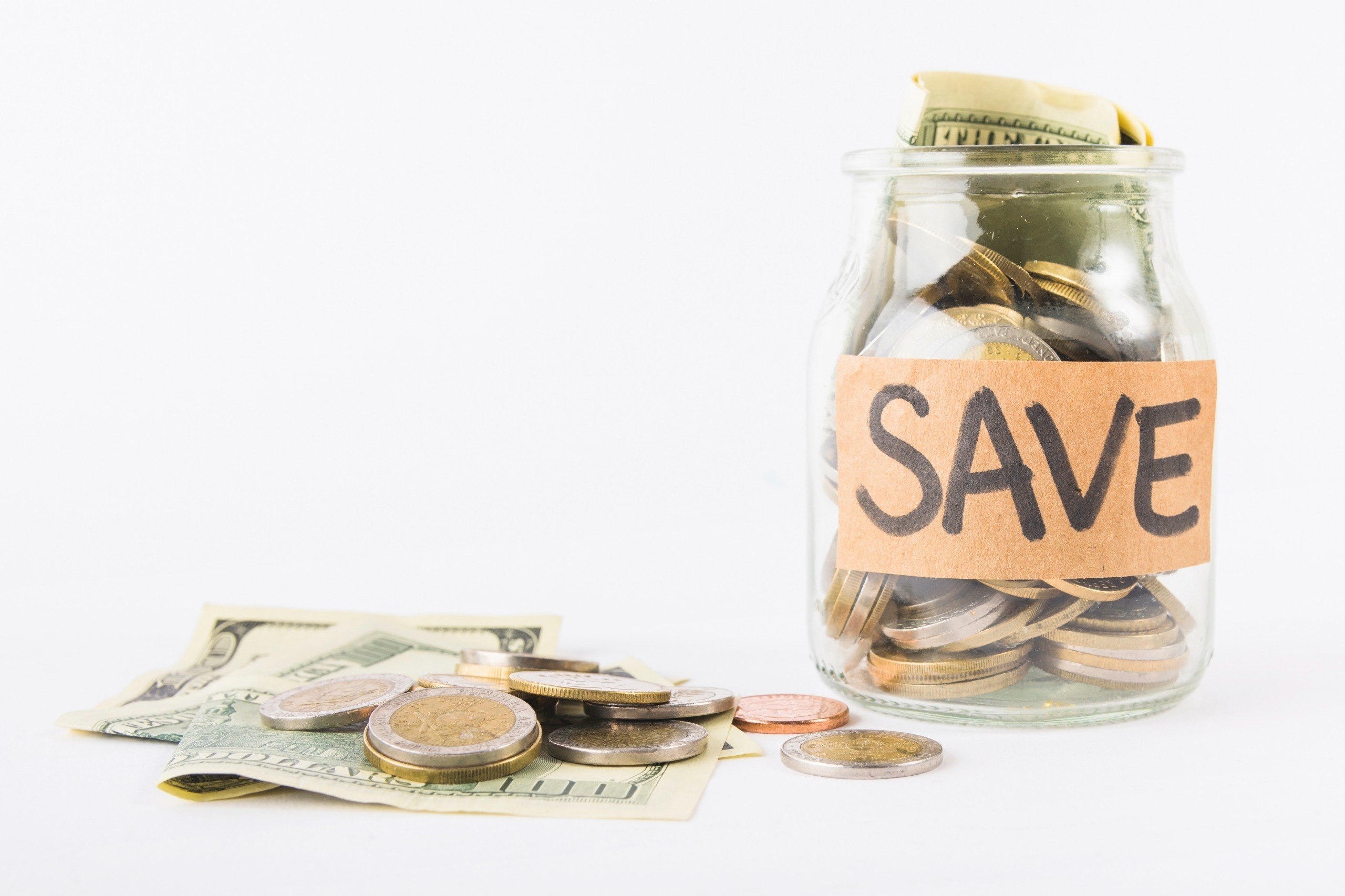A common question that people ask me is:
Should I pay off my debts or build my savings?
To answer this question, let’s look at three things:
Assess How Much Time You Have
When deciding whether you should pay off your debt or save for later, you need to take into consideration something even more important: time. Through compounding, small contributions that you make now to your retirement or education funds grow significantly, allowing you enough latitude to do both simultaneously. If you are starting late in the game, you need to prioritize.
Prioritize Your Debts
Figure out which debts have the highest interest rates, then pay those down first. Usually credit card debt is the biggest factor, then student debt. Trying to save or invest while you have high interest rates is like trying to win the Tour de France on a stationary bike. You wont go very far, and youll expend way too much energy without any progress. Think of every high interest rate debt paid down as a gain. Paying down a debt that collects 15% interest is equivalent to savings that amount in the future (because you arent paying it!)
Think of it this way: If you have 10k invested earning 2% and another 10k in credit card debt that you pay 15% on, youre losing money. Want to remedy this problem? Pay down your credit card debt first, then schedule for reoccurring debts. After that, look into investing and saving more.
When considering your debts dont forget your debts to family and friends. You may not have a promissory note between you and they may not be pressing you to pay, but you dont want put those relationships at risk and you certainly dont want to risk your afterlife.
Focus and Create a Plan
Unless you hit the road with a plan, youll always struggle. After reading this, here are your action items to move forward with:
1- Budget for your expenses.
2- Understand the debt you owe and how much youll end up paying.
3- Create a strategic plan to pay off your debt, then look into saving and investment.





